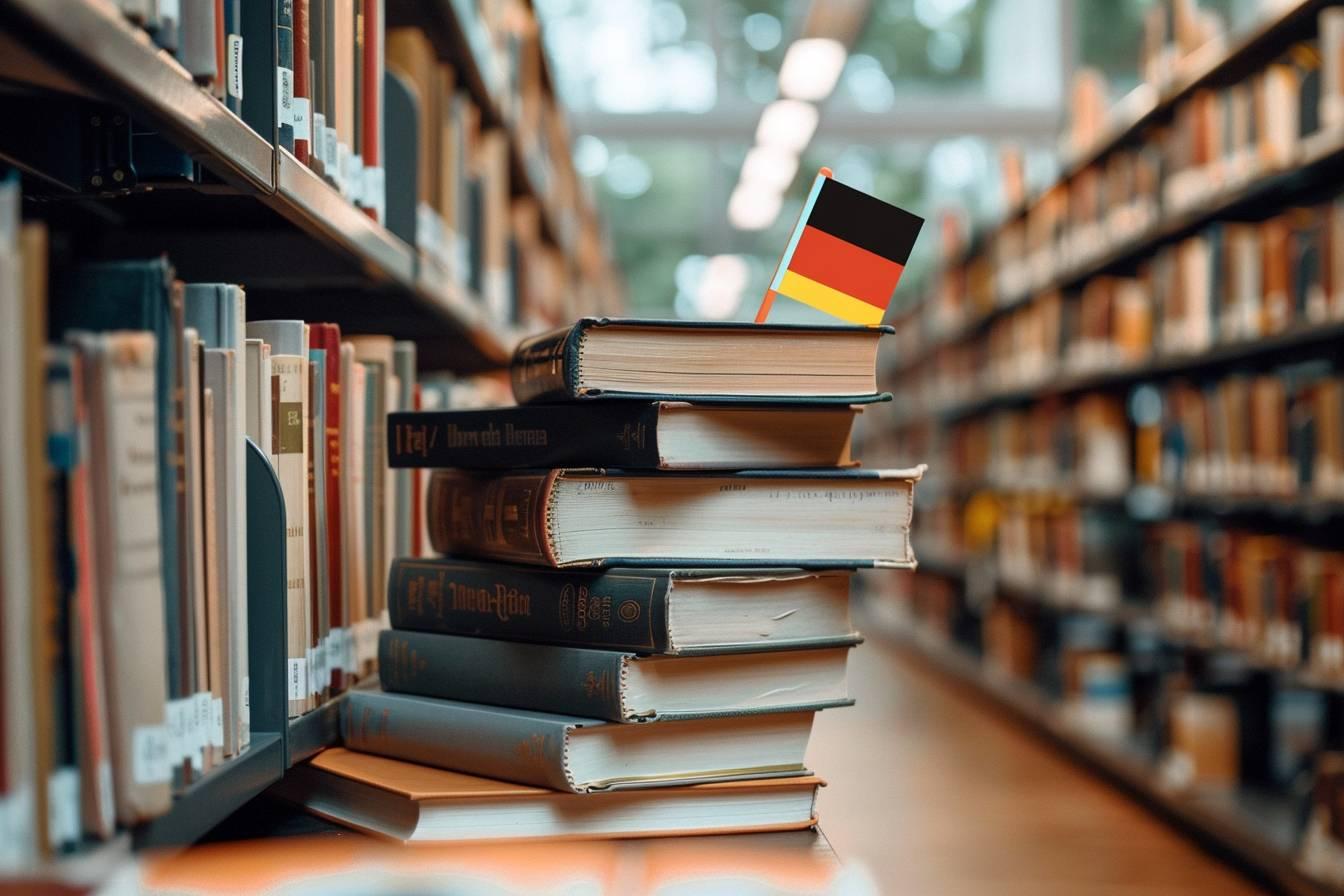Luxembourg, a small country in the heart of Europe, fascinates with its exceptional linguistic diversity. Nestled between France, Germany and Belgium, this small state skilfully combines several languages in its daily life. Let’s discover together the linguistic wealth of this country where multilingualism is a veritable institution.
Luxembourg: the undisputed champion of multilingualism
The Grand Duchy of Luxembourg stands out for its impressive linguistic diversity. This country of less than 700,000 inhabitants is a veritable cultural crossroads, where multilingualism is deeply rooted in the national identity. The majority of Luxembourgers speak at least three languages, and a staggering 73% speak at least four!
This linguistic wealth is partly explained by the country’s geographical location. Surrounded by French- and German-speaking nations, Luxembourg has naturally developed an aptitude for juggling different idioms. What’s more, its cosmopolitan population, with nearly 47% foreigners, contributes to a linguistic melting pot that is unique in Europe.
Here’s an overview of the most widely spoken languages in Luxembourg:
- French: 98% of the population
- English: 80% of the population
- German: 78
- Luxembourgish: 77
- Portuguese: 14
This linguistic diversity is reflected in all aspects of life in Luxembourg, from education to business and public administration. The choice of language often depends on the context: Lëtzebuergësch in private life, French at work, German at school.
The Grand Duchy’s three official languages
Luxembourg officially recognizes three languages: Lëtzebuergesch, French and German. Each plays a specific role in Luxembourg society and contributes to the country’s cultural richness.
Lëtzebuergesch, raised to the status of national language in 1984, occupies a central place in the country’s identity. It is a Germanic dialect close to German, with French influences. It is mainly used in the private sphere, and is the mother tongue of many Luxembourgers.
French is omnipresent in professional and administrative life. It is the language of legislation and dominates the business world, particularly in the capital. Its preponderance is explained by the country’s history and close ties with France.
German, meanwhile, plays a crucial role in education and administration. It is widely used in primary and secondary education, as well as in the local media.
| Language | Status | Main areas of use |
|---|---|---|
| Luxembourgish | National language | Daily life, informal communication |
| French | Official language | Legislation, business, commerce |
| German | Official language | Education, administration, media |

Speaking Luxembourgish: an asset but not a necessity
For foreigners settling in Luxembourg, there’s a recurring question: is it absolutely necessary to master Lëtzebuergesch? The answer is nuanced. Although Lëtzebuergësch is the national language, knowledge of it is not essential for living and working in the country.
In fact, French and English are widely spoken and are generally sufficient to get by in everyday life. English, in particular, is widely used in the banking and financial sectors, the pillars of the Luxembourg economy. Portuguese, spoken by a large Portuguese-speaking community, is also widely spoken.
But learning Luxembourgish can be a real asset. It facilitates social and cultural integration, and can open professional doors. Indeed, the Luxembourg authorities encourage its learning, even if its use remains limited among foreign workers.
Here are a few useful phrases in Luxembourgish for beginners:
- Moien (Hello)
- Äddi (Goodbye)
- Merci (Thank you)
- Wéi geet et? (How are you?)
- Ech verstinn net (I don’t understand)
Education at the heart of Luxembourg’s multilingualism
Luxembourg’s education system plays a crucial role in maintaining and developing multilingualism. Education is multilingual from the earliest age, with a well-defined linguistic progression:
1. In kindergarten, the emphasis is on Lëtzebuergesch, to promote the integration of all children.
2. In primary school, German becomes the main language of instruction, while maintaining Lëtzebuergesch classes and gradually introducing French.
3. At lycée, French takes over as the main language of instruction, with German and English taught as foreign languages.
This approach enables young Luxembourgers to master several languages by the end of their schooling. It also reflects the linguistic reality of the country, where the choice of language often depends on the context: Lëtzebuergësch in the family, French at work, German in certain administrative contexts.
Luxembourg’s multilingualism, far from being an obstacle, is an asset that opens up many opportunities. It reflects the country’s history, its strategic geographical position and its openness to the world. In a European and global context where linguistic diversity is increasingly valued, Luxembourg stands as a model, validating that it is possible to combine national identity with linguistic openness.
